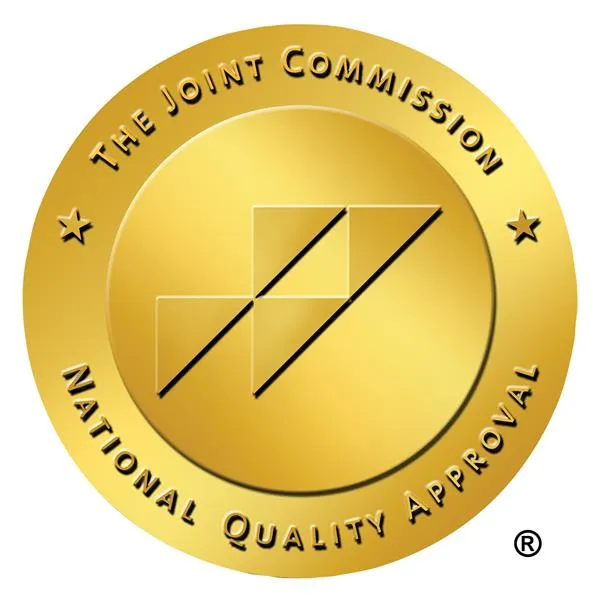Artificial Intelligence (AI) has become a ubiquitous part of modern workplaces, transforming the way various industries operate by allowing different sectors to automate mundane tasks and provide sophisticated data analyses. One of these is the healthcare sector, which has seen substantial advancements due to the integration of AI technologies. With this advanced technology, healthcare organizations can easily and cost-effectively augment the capabilities of healthcare workers and improve patient outcomes.
However, the deployment of AI in healthcare facilities is not without its own set of challenges. While AI has the potential to bring significant benefits, it also poses certain challenges that must be carefully navigated to leverage it to its full capacity.
This article will delve into the impact of AI in nursing, including its positives and pitfalls, and explore how this evolving technology can advance and innovate patient care strategies.
The impact of AI in nursing: How AI tools, robots can help improve patient care
It helps address administrative challenges
With AI tools and integrations, healthcare professionals shave off precious time to document charts on electronic health records (EHRs). According to the US Surgeon General’s “Advisory on Building a Thriving Health Workforce: Addressing Health Worker Burnout,” nurses spend 40% of their shift on documentation tasks. This is a huge chunk of their time being spent focusing on charting and not on direct patient care.
EHR systems with AI can allow nurses to make the most of predictive text functionalities. AI-powered EHRs can help suggest the next phrases or sentences based on previous data encoded into the patient’s chart that nurses can review and reject or confirm, depending on how accurate the suggestions are.
It can provide accurate medication error detections
Medication errors, unfortunately, are rampant in healthcare. In the US, medication errors injure approximately 1.3 million people every year and cause at least one death per day. With AI bots, nurses can more quickly and accurately spot medication errors, which helps reduce preventable injuries and deaths and improve patient conditions.
One Forbes report states that AI bots are:
- 16% better than nurses when it comes to identifying how medications impact patients
- 24% more accurate than nurses when it comes to detecting toxic dosages of over-the-counter (OTC) drugs
- 43% better than nurses at identifying condition-specific negative interactions from OTC drugs
It can facilitate better health outcomes for patients with chronic conditions
AI tools, when partnered with mobile health and smart technologies, can allow healthcare professionals to provide exemplary care to patients with chronic and special conditions that need constant monitoring and diagnosis. These technologies work to provide a more holistic view of a patient’s health by constantly measuring patient data such as vital signs, heart rate, activity levels, ECG levels, and glucose levels.
With these tools, healthcare professionals can easily study vast amounts of data and make tailored, data-driven clinical decisions that can help improve patient conditions.
The challenges with AI in nursing
Data privacy concerns
In the course of doing their jobs, nurses are exposed to large amounts of data, including patients’ personal and health information, that they input into healthcare systems. With the use and integration of AI apps into such systems, patients’ sensitive personally identifiable information (PII) is being put at risk due to cyberattacks that can lead to data privacy concerns, operational disruptions, and reputational damage.
Healthcare facilities must fully understand how sensitive information is used and processed by AI tools and inform patients of their data privacy rights. They must also strengthen their cybersecurity posture with holistic and multilayered security solutions to keep cyberthreats and risks at bay.
Lack of proper training for and possible push back from nurses
Although AI has been proven to help improve efficiency and productivity in the workplace, it won’t be effective if the people who are supposed to benefit from it the most — the healthcare professionals — are not properly trained on how to use AI tools to support their daily tasks. Nurses need proper training on the AI tools and systems to facilitate faster and more accurate workflows that can allow them to focus on patient-centered care.
Facilities must also assure nurses that AI tools and systems are there to support and not replace healthcare workers via clear, compassionate, and consistent communication. This will help quell fears and negative attitudes and empower nurses to adopt these advanced technologies in their day-to-day operations.

